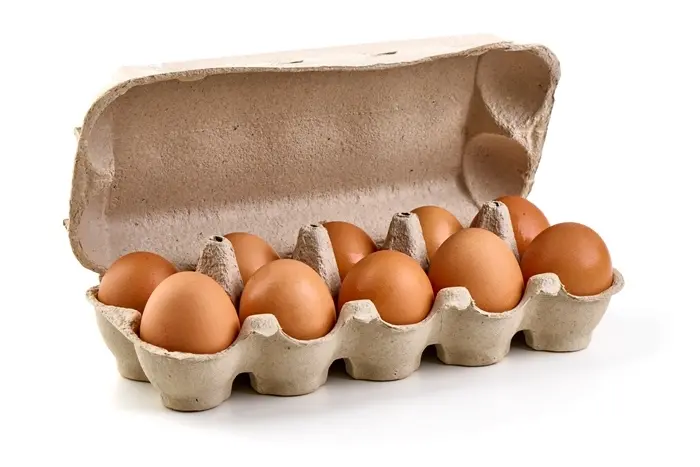
Eggs are rich in protein and highly versatile, and are a staple ingredient in many families.
They are used in a variety of forms, including soup, steamed stew, and salads, and the simple soft-boiled egg is especially popular in summer.
However, in hot and humid environments, it should not be overlooked that this single egg can cause food poisoning. It is reported quite often that one of the main causes of salmonella food poisoning in summer is improperly handled eggs.
It is well known that bacteria also exist in egg shells. Salmonella bacteria can get on the skin of chickens during the process of laying eggs, and in rare cases, they can also penetrate inside eggs. Even if it looks fine, the egg may already be contaminated, so touching other ingredients or cooking utensils with the hand that touched the egg can directly lead to food poisoning. In seasons where bacteria proliferate rapidly, such as summer, you need to be more careful.

The most basic principle when handling eggs is hand washing. After handling eggs, be sure to wash your hands with running water and soap for at least 30 seconds. In particular, if you get the contents on your hands when breaking an egg, you should make a habit of washing your hands before touching cooking utensils or ingredients. Cooking utensils such as knives, cutting boards, and chopsticks should also be used separately for eggs and vegetables and meat. In order to prevent possible contamination, it is important to follow these basic hygiene rules.
The storage method is also a factor that determines safety. Summer eggs must be refrigerated, and it is better to place them on the inner shelf where the temperature is relatively stable rather than on the refrigerator door. The door side is a location where eggs tend to spoil due to frequent temperature changes. Also, avoid the act of washing and storing the shell beforehand. This is because washing with water damages the protective film of the shell and bacteria can penetrate inside. It is safe to store the shell as it is without washing it, and wash it lightly with running water only when using it.
When cooking, it is much safer to cook fully cooked rather than soft-boiled in summer. Salmonella bacteria need to be heated at 75 degrees or higher for at least 1 minute to be killed, so a recipe that completely cooks the yolk is recommended. In particular, when making fried eggs or steamed eggs, it is important to ensure sufficient cooking time and temperature. Refrain from eating raw eggs as they are, and it is recommended to consume soft-boiled eggs only when hygiene is ensured.

Also, in summer, it's important to eat cooked eggs as soon as possible. Make it a habit to eat egg dishes at room temperature within 2 hours, and refrigerate leftovers immediately after cooling. If you need to wrap a boiled egg in a lunch box, use an ice pack or ice box to prevent the temperature from rising.
The expiration date on the egg package is for reference only. To determine freshness, you should also look at how quickly it was refrigerated after purchase and whether the shell was cracked. Eggs that have been stored in the refrigerator for a long time can be roughly determined by soaking them in water. If it sinks to the floor, it's fresh, and if it floats, the inside may be filled with gas, so it's a good idea to dispose of it.
In the middle of summer, the fact that you have to pay a lot of attention to eating one egg safely can be a bit cumbersome. However, the more familiar the ingredients on the table, the easier it is to neglect management, and the more likely it is to lead to accidents. Eggs are a small and common ingredient, but thorough hygiene and storage are essential in summer. It's important to remember that a single egg can make or threaten a healthy summer.
